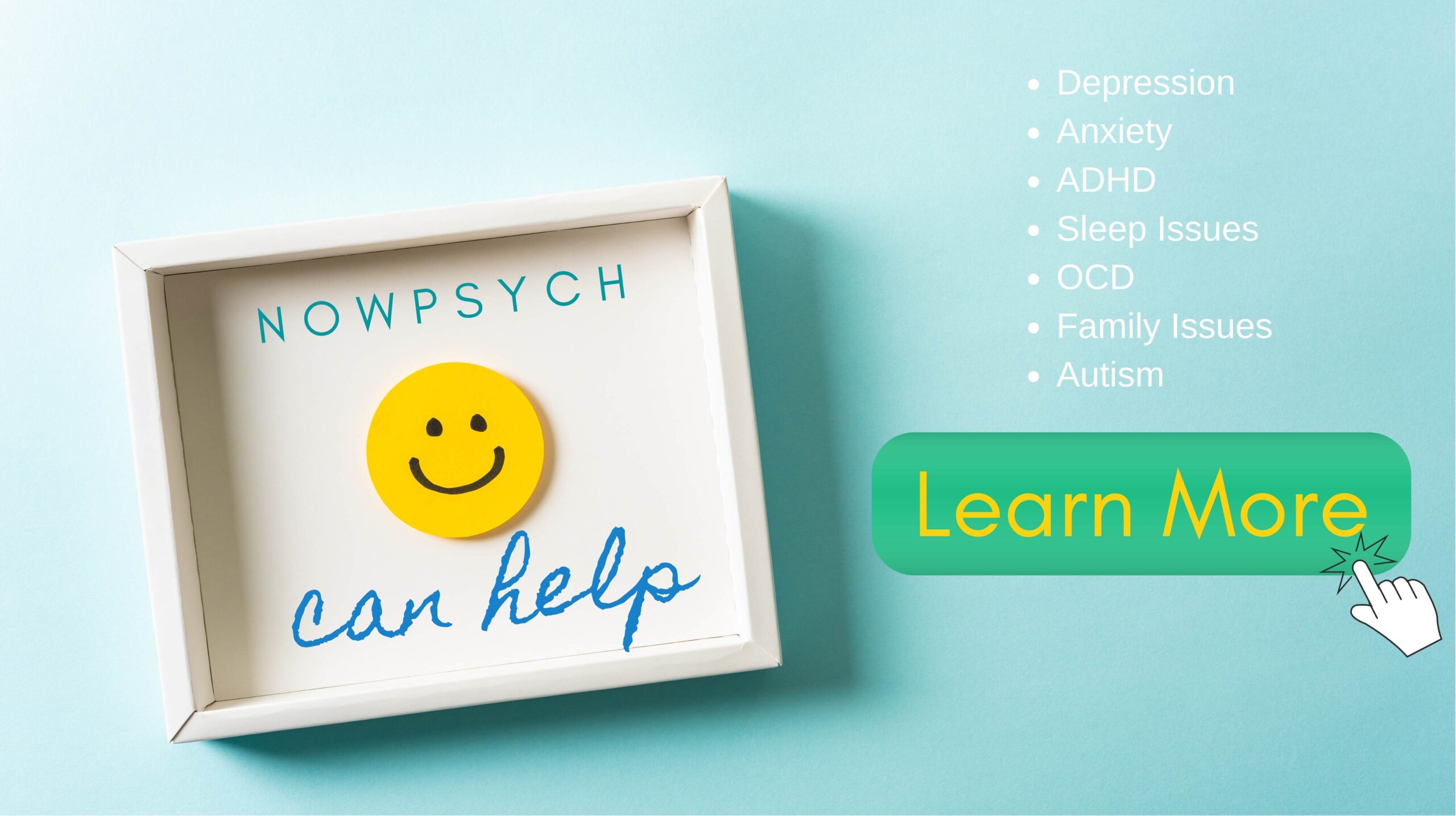A mental breakdown is also known as a nervous breakdown, which is a term that would describe symptoms of intense emotional and mental distress. Such feelings may make it tough or impossible to perform daily tasks and/or function normally.
However, some misconceptions fall around this term.
While a mental breakdown is usually used to describe times when one’s normal functioning is disrupted due to extreme stress, this isn’t actually a medical diagnosis or psychiatric condition. Rather, a mental breakdown describes symptoms representing psychiatric conditions. Its key characteristic is that it has intense symptoms, to the point a person finds it difficult to function as normal.
Read on to learn more about its symptoms, causes, and how you can manage it.
Mental Breakdown Symptoms
While there isn’t much clinical significance with a mental breakdown, there are various mental and physical symptoms associated with such intense distress. Such symptoms include (and are not limited to) the following:
- Anxiety or panic attacks
- Depression
- Change of sleeping habits
- Emotional numbness
- Lack of interest or pleasure in activities
- Little to no motivation
- Mood swings
- Feeling like you’re physically sick, such as stomachaches
- Trouble focusing and concentration
- Mood swings
Since mental breakdown is a nebulous term, it can indicate symptoms of different mental conditions, such as depression or anxiety, down to schizophrenia. The term suggests that someone is having trouble coping and checked out from their usual routine. Some people may have canceled social activities or stopped socializing altogether, or they can also have trouble performing daily tasks, such as eating, showering, or even just getting out of bed!
Sometimes, the cases can end up being mild to severe. Some people may have suicidal thoughts or self-harm during mental breakdowns.
Mental Breakdown Causes
Various factors may contribute to a mental breakdown, with one of them being underlying mental health conditions. However, there are other factors, including life stresses.
At times, people experience chronic stress, which would build up over time until it can’t be coped with properly anymore. Other times, it can be crises that trigger acute periods of intense distress, leading to symptoms of mental breakdowns.
Here are other factors that may contribute to mental breakdowns:
- Abuse
- Academic issues or pressures
- Death of someone you love
- Divorce, breakup, or separation
- Financial issues
- Losing your job
- Moving to a new place
- Traumatic incidents
- Work-related stress
Some people manage to cope with these struggles, but other times, some can be less resilient when experiencing extreme stress. Furthermore, poor coping skills or unhealthy coping mechanisms, along with low social support, interpersonal relationships, lack of self-care, and untreated mental illnesses can contribute to mental breakdowns.
Treatment and Coping with Mental Breakdowns
Fortunately, you can seek treatment for mental breakdowns. When one seeks treatment for it, it’s most likely because they experience severe symptoms, which require intervention right away.
When the cases become so severe, hospitalization might be required for stabilization, along with long-term therapy and medication. There are also outpatient treatments that can help people cope and manage mental breakdowns and their symptoms.
The type of treatment given will depend on the diagnosis. Treatments can include:
- Individual counseling
- Group and family therapy
- Cognitive-behavioral therapy
- Other forms of psychotherapy
- Psychotropic medications
- Antipsychotics
Wrapping It Up
For those who experience mental breakdowns and their symptoms, you should talk with your doctor to see what solutions and therapies there are available. There are also ways to manage your stress, including yoga, meditation, and getting enough rest. Be sure to take care of yourself and focus on giving your mind and body what it needs.






